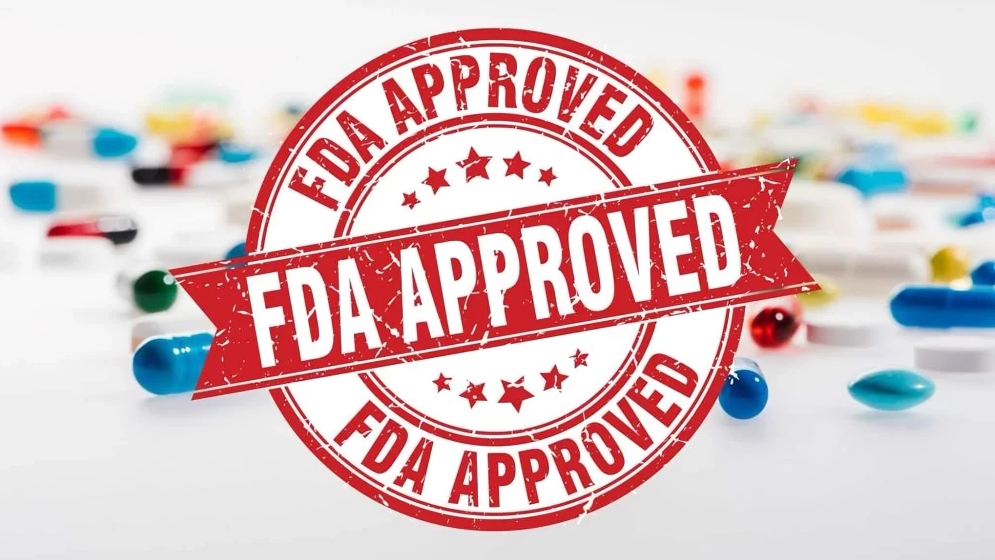The FDA has broadened its approval of methotrexate (Jylamvo) to include the treatment of pediatric patients with acute lymphoblastic leukemia (ALL) and polyarticular juvenile idiopathic arthritis.
For pediatric patients with ALL, the recommended starting dose is 20 mg/m² once a week as part of a combination chemotherapy maintenance regimen. After administration, regular monitoring of absolute neutrophil counts (ANC) and platelet levels is required, with dosage adjustments made to keep the ANC within the desired range.
Sharon Cunningham, CEO of Shorla Oncology, commented in a press release, “This approval builds on Jylamvo’s success in adults and is a significant step toward addressing the unmet needs of pediatric oncology and autoimmune disease treatments. We are excited to provide a more convenient, patient-friendly alternative for both adult and pediatric patients in the U.S. as we continue to develop innovative therapies for those with limited options.”
In November 2022, the FDA had first approved Jylamvo as the only oral liquid form of methotrexate for use in the following indications:
- As part of a combination chemotherapy maintenance regimen in adults with ALL
- As a monotherapy or in combination with chemotherapy for adults with mycosis fungoides (cutaneous T-cell lymphoma)
- As part of a metronomic chemotherapy regimen for adults with relapsed or refractory non-Hodgkin lymphoma
- For the treatment of rheumatoid arthritis in adults
- For the treatment of severe psoriasis in adults
METHOTREXATE (METH oh TREX ate) treats inflammatory conditions such as arthritis and psoriasis. It works by decreasing inflammation, which can reduce pain and prevent long-term injury to the joints and skin. It may also be used to treat some types of cancer. It works by slowing down the growth of cancer cells.
Mechanism of Action
Methotrexate works through distinct mechanisms depending on its use in chemotherapy and in treating autoimmune diseases. In cancer therapy, methotrexate acts as an antifolate antimetabolite. It enters cells via human reduced folate carriers (SLC19A1) and is converted into methotrexate-polyglutamate. Both methotrexate and methotrexate-polyglutamate inhibit the enzyme dihydrofolate reductase, which is responsible for converting dihydrofolate into tetrahydrofolate, the active form of folic acid. Tetrahydrofolate is essential for the synthesis of nucleotides necessary for DNA and RNA production. Methotrexate-polyglutamate further disrupts purine and thymidylate synthase in the de novo purine synthesis pathway, thus inhibiting DNA synthesis. This mechanism contributes to methotrexate’s cytotoxic effects, which is why it is used in cancer treatment.
In the treatment of autoimmune diseases, methotrexate works through different pathways. It inhibits the enzyme AICAR transformylase, which interferes with the metabolism of adenosine and guanine. The accumulation of adenosine, with its anti-inflammatory effects, leads to the suppression of T-cell activation, down-regulation of B-cells, increased sensitivity of activated CD-95 T cells, and inhibition of methyltransferase activity. These actions contribute to its ability to modulate the immune system, making it effective in autoimmune conditions.
Drug Interactions
Methotrexate is highly bound to plasma proteins, meaning that any drug that displaces it from these proteins can increase its concentration in the blood. Additionally, drugs that affect methotrexate’s renal clearance can also cause an elevation in its blood levels.
Certain medications increase the risk of methotrexate toxicity by raising its blood levels. These include:
- NSAIDs
- Salicylates
- Trimethoprim (TMP)
- Penicillin
- Warfarin
- Valproate
- Proton pump inhibitors (PPIs)
- Cyclosporine
- Cisplatin
Conversely, drugs like aminoglycosides, neomycin, and probenecid can reduce methotrexate absorption.
The most critical interactions to monitor are those with NSAIDs and PPIs, as they are commonly prescribed and can significantly increase the risk of methotrexate toxicity.
For more posts like this, visit oncodaily.com.
